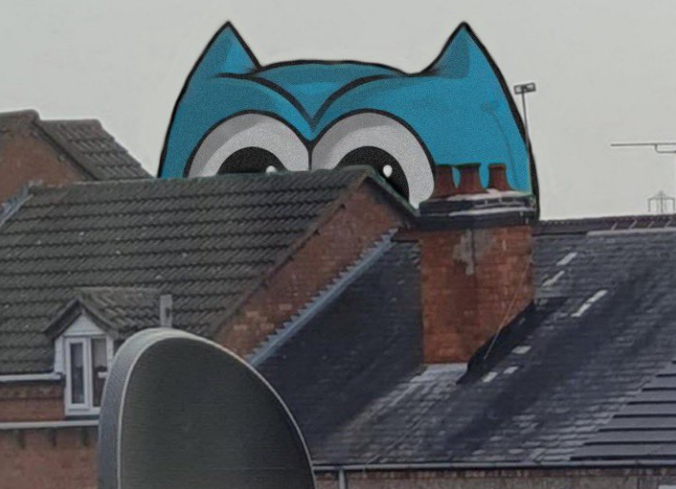
Many of you probably don't know this, but I didn't even have a Twitter account until late 2020.
I've been operating/growing as an anon for almost a year now and thought it would be a good time to reflect on anon life.
Here are 6 lessons from 1 year as an anon.
I've been operating/growing as an anon for almost a year now and thought it would be a good time to reflect on anon life.
Here are 6 lessons from 1 year as an anon.
1. It is harder to *succeed* as an anon, but it is less painful to fail.
If you are 100% anon, you start at zero. No title, status or achievements from meatspace carry over, and no anon achievements can be carried back.
What you put out will determine your growth and network.
If you are 100% anon, you start at zero. No title, status or achievements from meatspace carry over, and no anon achievements can be carried back.
What you put out will determine your growth and network.
On the flipside, your downside is less. If you make a big mistake, you can still walk away and not have it hang over your name for the rest of your life.
To me that means if you're anon, you should be going balls to the wall to succeed.
ZERO reason to be risk averse as anon.
To me that means if you're anon, you should be going balls to the wall to succeed.
ZERO reason to be risk averse as anon.
2. You won't be famous. This is a good thing.
Once you're famous, you can't go back. Not easily at least.
And imagine being famous for *crypto* of all things.. Have. Fun. Being. Kidnapped. ("HFBK" - @bowtiedbull)
Once you're famous, you can't go back. Not easily at least.
And imagine being famous for *crypto* of all things.. Have. Fun. Being. Kidnapped. ("HFBK" - @bowtiedbull)
3. You have to be more trusting than usual.
The level of trust required to operate as an anon team is much higher than doxxed. Why? If there is a bad apple, you can't exactly chase after people you don't know.
The level of trust required to operate as an anon team is much higher than doxxed. Why? If there is a bad apple, you can't exactly chase after people you don't know.
So far I've been lucky that all the anons I've really gotten to know have been solid ppl.
Much of this has been luck - I had no idea what I was getting into when I started working w/ BTB. I *like* to think I made a rly good judgment call but in hindsight I didn't have a clue.
Much of this has been luck - I had no idea what I was getting into when I started working w/ BTB. I *like* to think I made a rly good judgment call but in hindsight I didn't have a clue.
4. Privacy.
My whole perspective on digital privacy has changed.
Once I became anon, I became increasingly uncomfortable interacting online using my real name, address etc.
I think I may be overthinking it in my mind tbh, but it's the truth on how my perspective has changed.
My whole perspective on digital privacy has changed.
Once I became anon, I became increasingly uncomfortable interacting online using my real name, address etc.
I think I may be overthinking it in my mind tbh, but it's the truth on how my perspective has changed.
5. Real ones know.
You'll find it easier to connect with other winners, grinders, builders, traders etc if you are a high quality producer yourself.
Something about top people makes them good judges of character, even if you're anon. Hard to describe - iykyk.
You'll find it easier to connect with other winners, grinders, builders, traders etc if you are a high quality producer yourself.
Something about top people makes them good judges of character, even if you're anon. Hard to describe - iykyk.
6. Mavericks have an edge.
There is no "path" to anon success. What works for one doesn't work for another.
If you're conditioned to rote learning, you're at a disadvantage even if you're smart and hard working.
Digital anon life is best for independent thinkers and operators.
There is no "path" to anon success. What works for one doesn't work for another.
If you're conditioned to rote learning, you're at a disadvantage even if you're smart and hard working.
Digital anon life is best for independent thinkers and operators.
If you enjoyed this thread, give it a RT to support anonymous owls (a rare breed).
If you don't I'll be outside your door like
If you don't I'll be outside your door like

• • •
Missing some Tweet in this thread? You can try to
force a refresh




